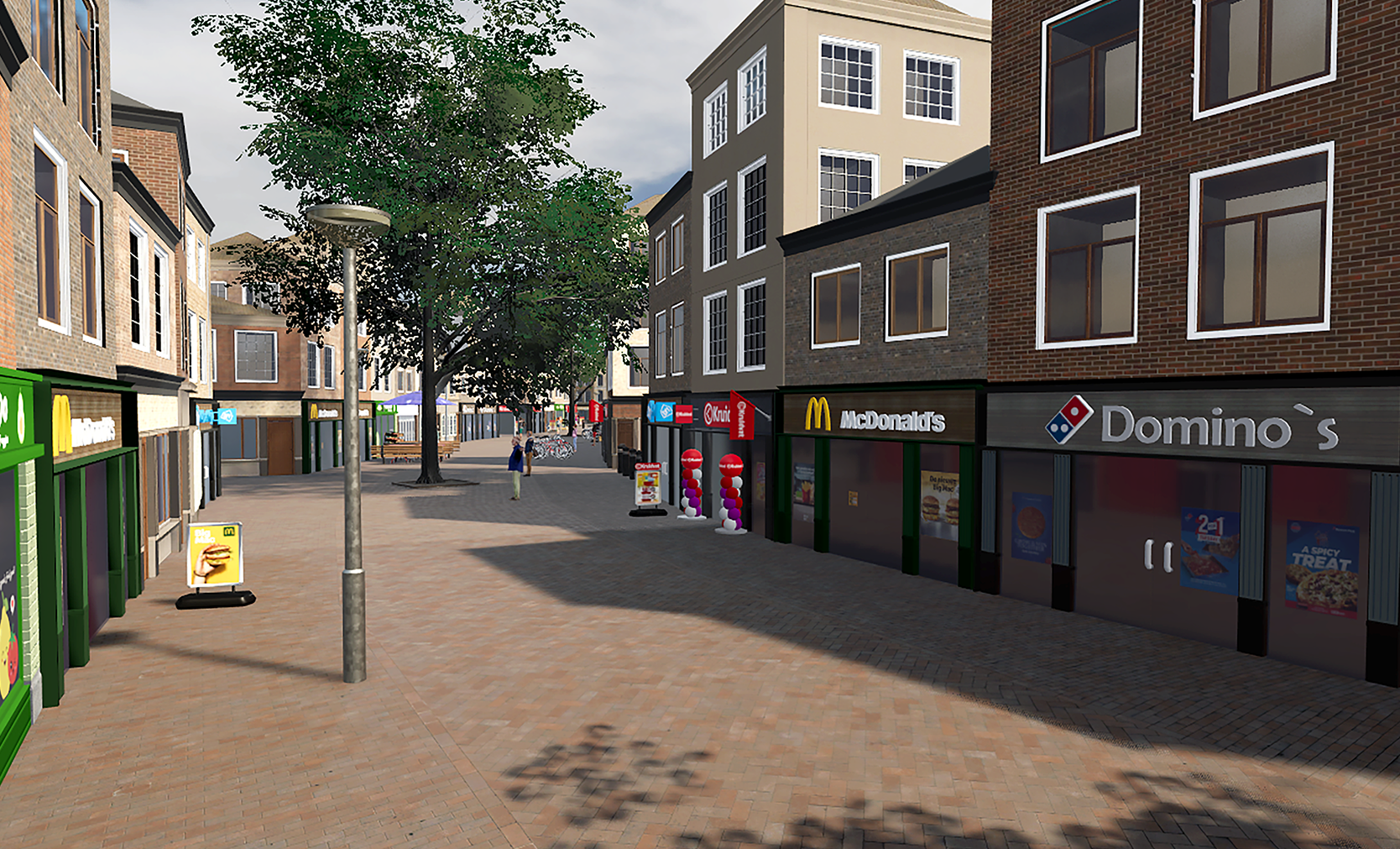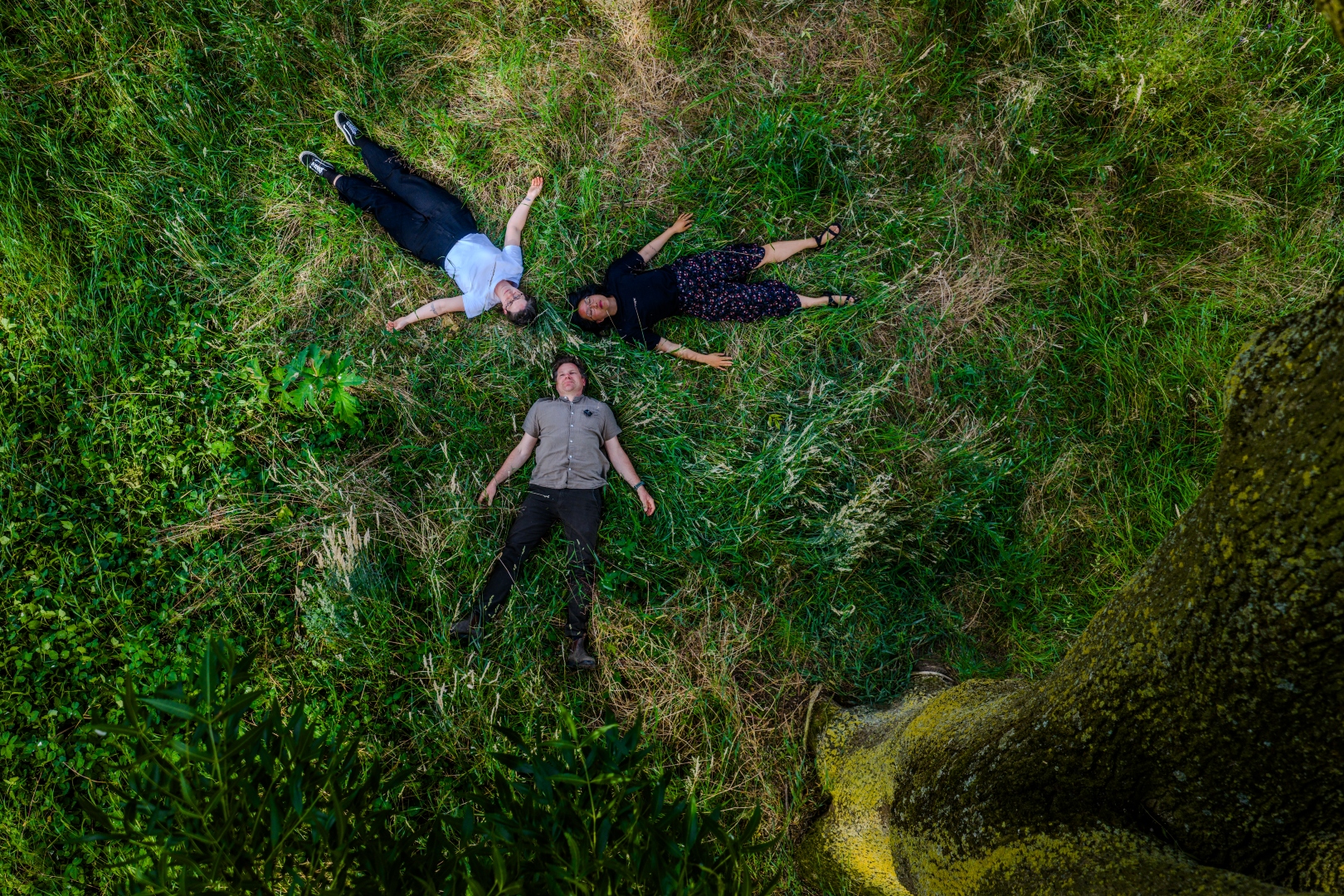Nothing beats a real walk through the woods, diving in the ocean or an excursion in the jungle. But virtual reality (VR) brings all manner of nature experiences within reach. How does a virtual trip through nature affect us, humans?
Students of the Anthropology of basic nature skills course could try it for themselves in the Wander lab in Gaia yesterday. ‘In this course, we focus on sensory perception of nature’, says teacher Koen Arts (Forest and Nature Conservation Policy). ‘A VR experience is a great contrast. You are fully immersed in the environment as if you are actually there. The question is, however, how complete the immersion really is.’
Alternative nature
‘A VR experience is an alternative nature experience’, colleague Rianne Kat adds. ‘There are many things you can not do in virtual reality. Your surroundings are not real. But, you can also focus on the possibilities of the virtual environment. You can travel underwater, to the mountains or to the other end of the world. The possibilities are endless. Getting students to think about that is awesome.’
Does a VR experience change one’s desire for the outdoors?
Rianne Kat, teacher of Forest and Nature Conservation Policy
During the experiment, each student moves through an imaginary autumn forest for five minutes. The forest feels rather fake as if you are immersed in a simple animation. ‘There are variations with images of a real forest made with 3D cameras’, Arts explains. ‘But we have chosen this simplified version for this first small experiment in this course.’
Interesting questions
Nonetheless, most students are enthusiastic and surprised by how ‘real’ the virtual world feels. This transpired during the discussion afterwards, says Kat. Virtually experiencing nature leads to interesting questions. ‘Does a VR experience change one’s desire for the outdoors? Or does it impact the motivation to conserve nature or adopt a more sustainable lifestyle?’
The virtual experience is offered by the Wander-lab, a new part of the Environmental Sciences Group. The lab aims to present abstract data in research and education in novel ways using virtual reality and augmented reality technologies.

 A student cautiously shuffles through a virtual autumn forest. Photo Roelof Kleis
A student cautiously shuffles through a virtual autumn forest. Photo Roelof Kleis 

